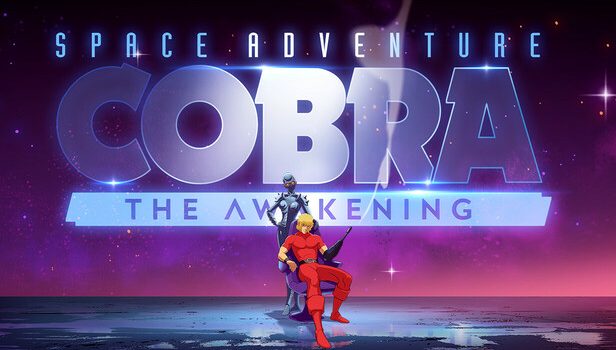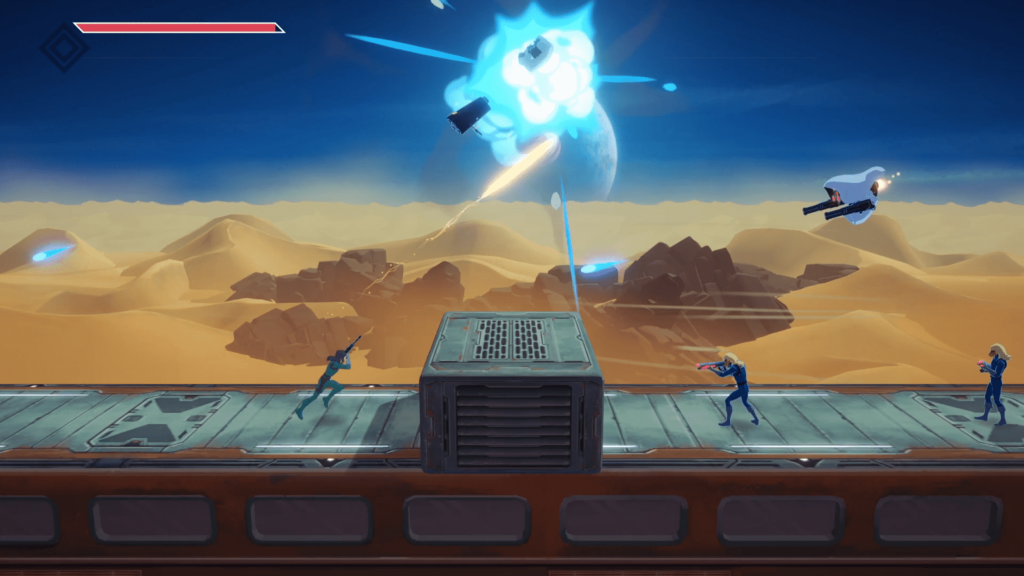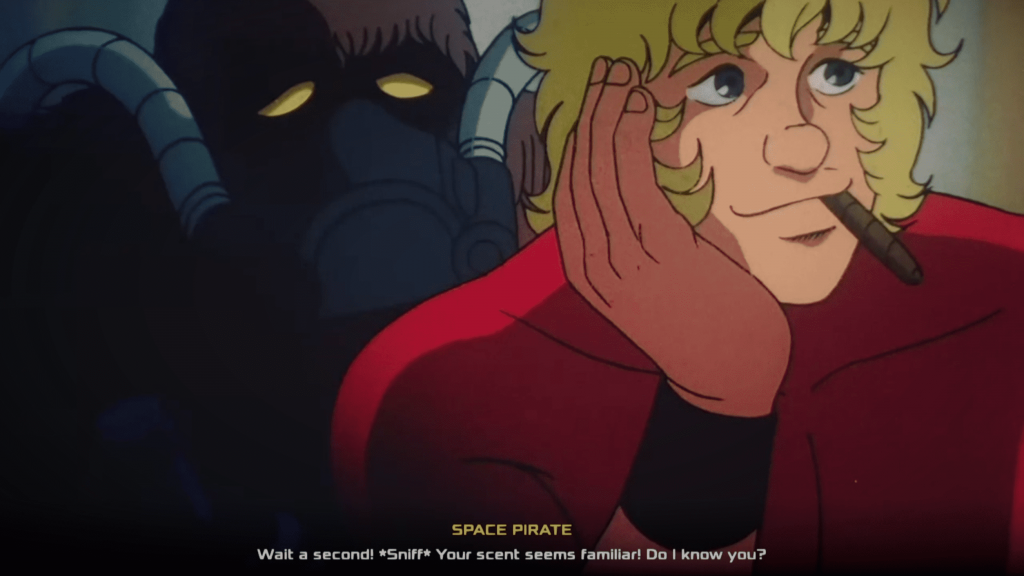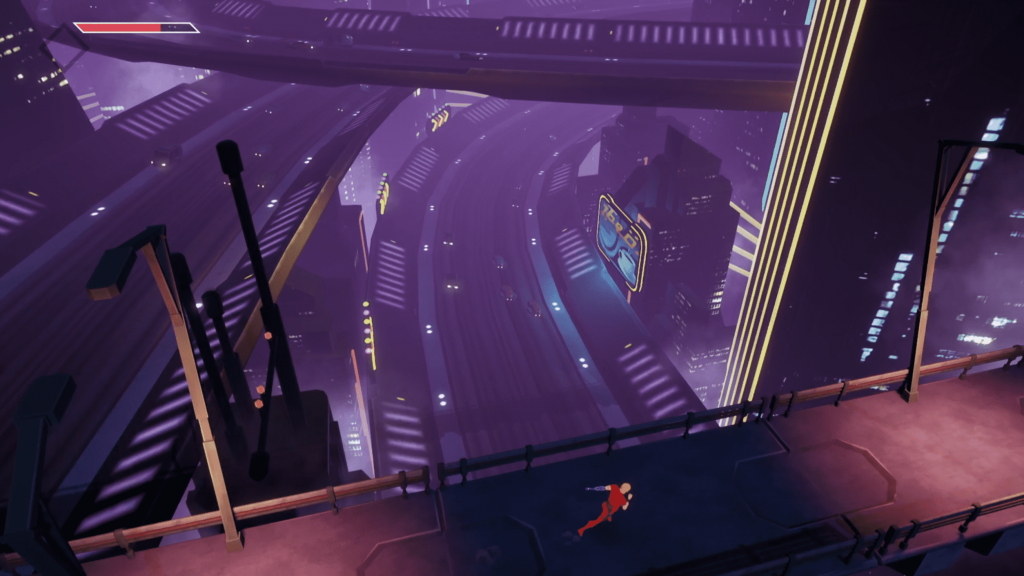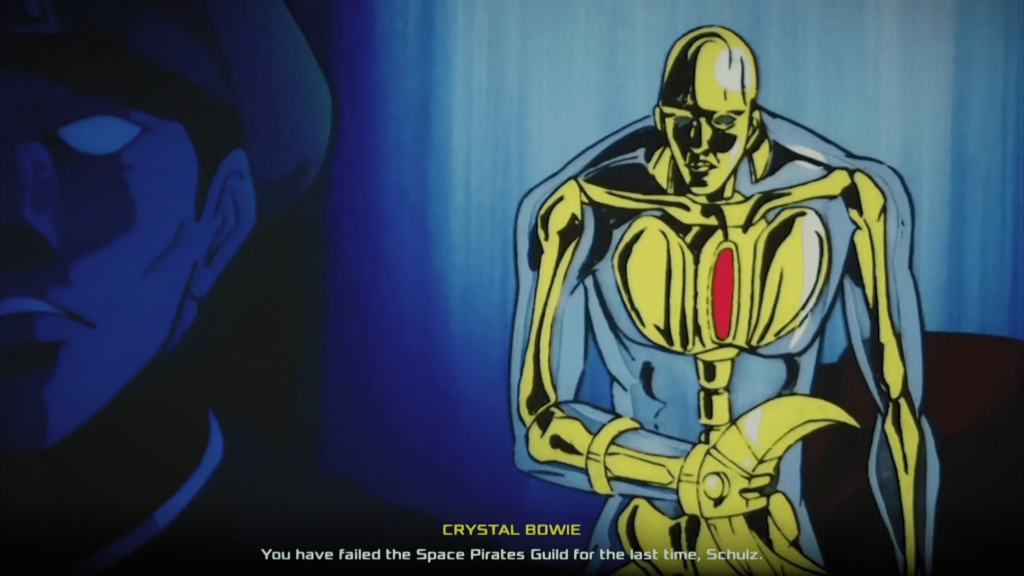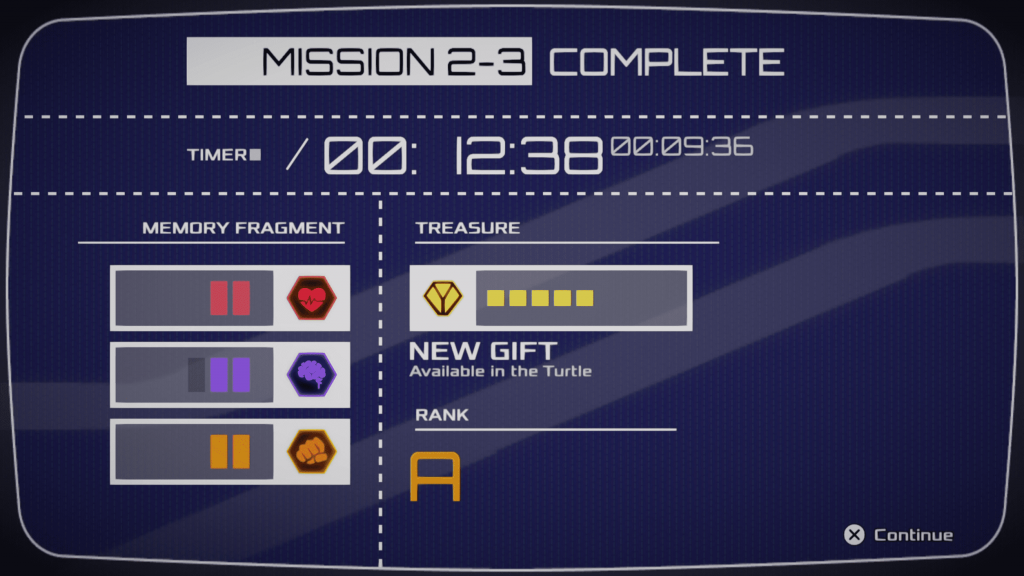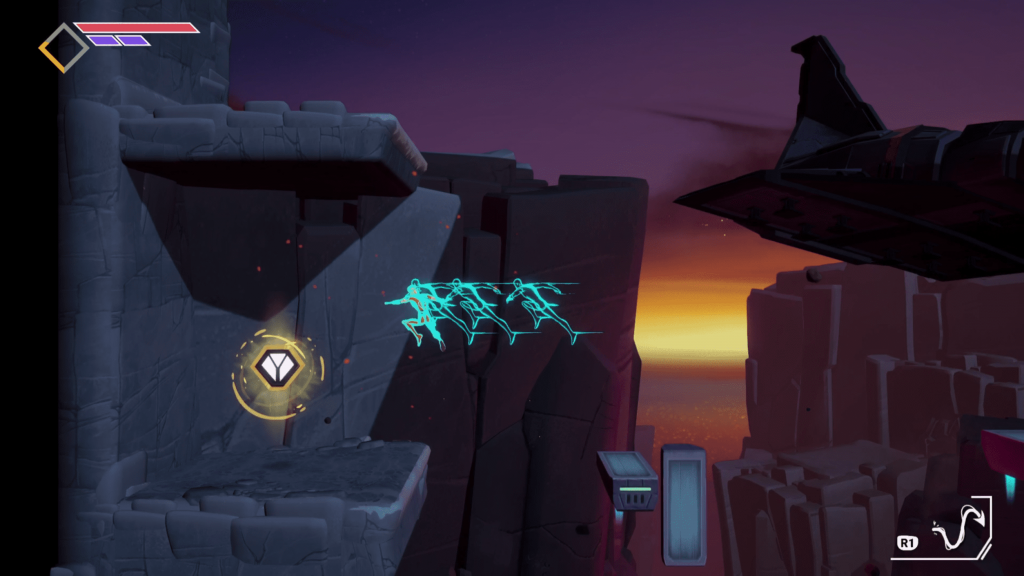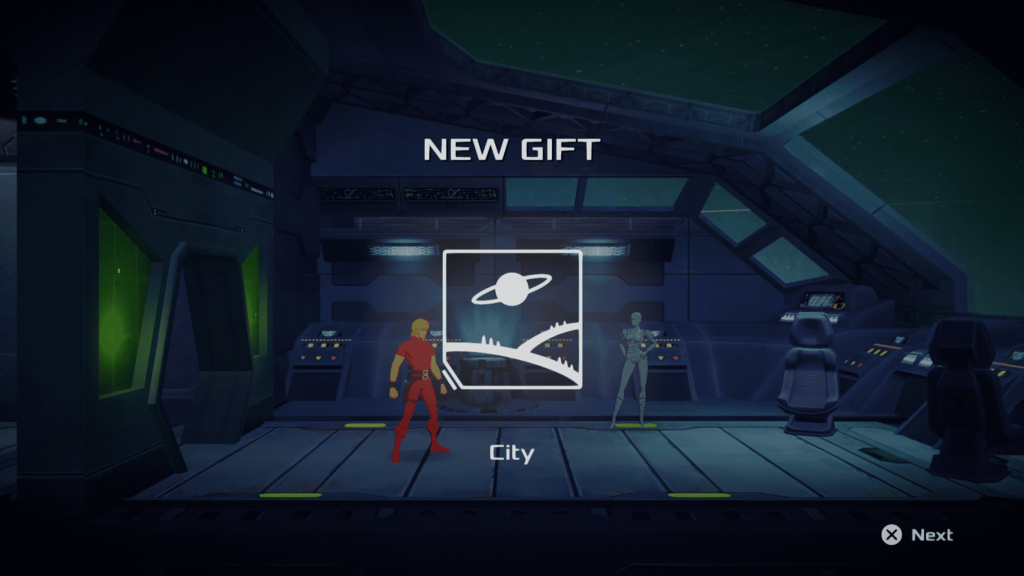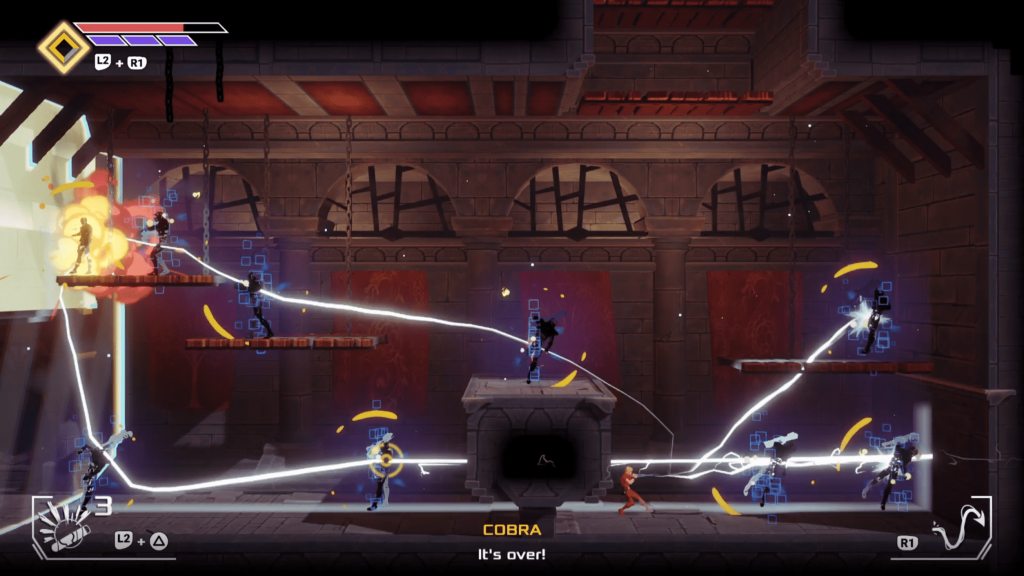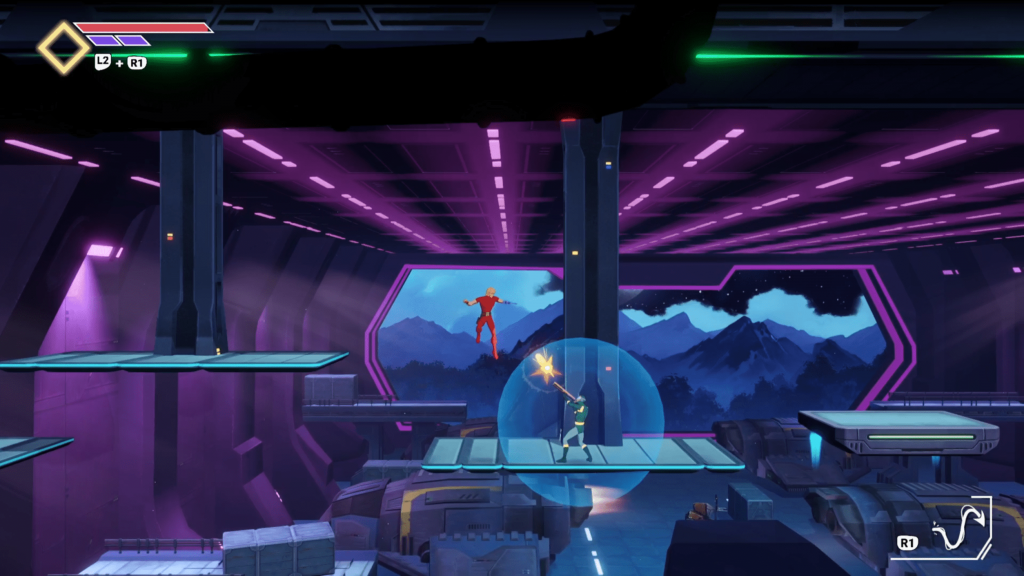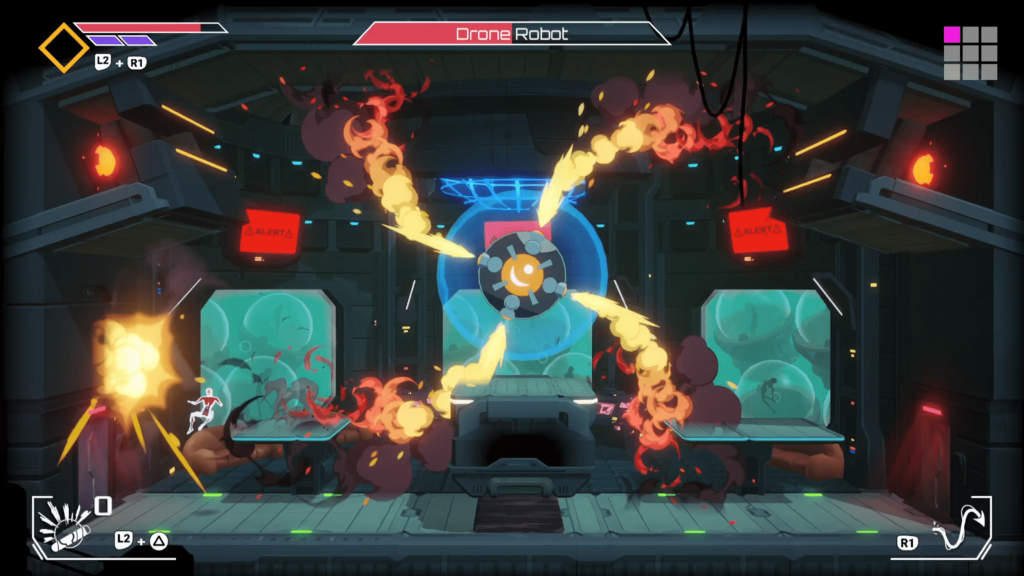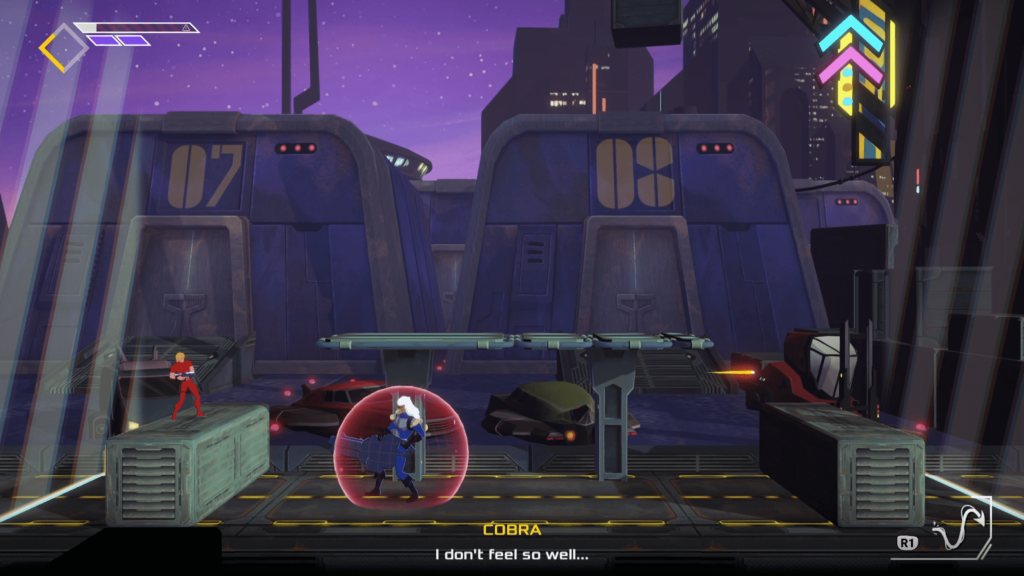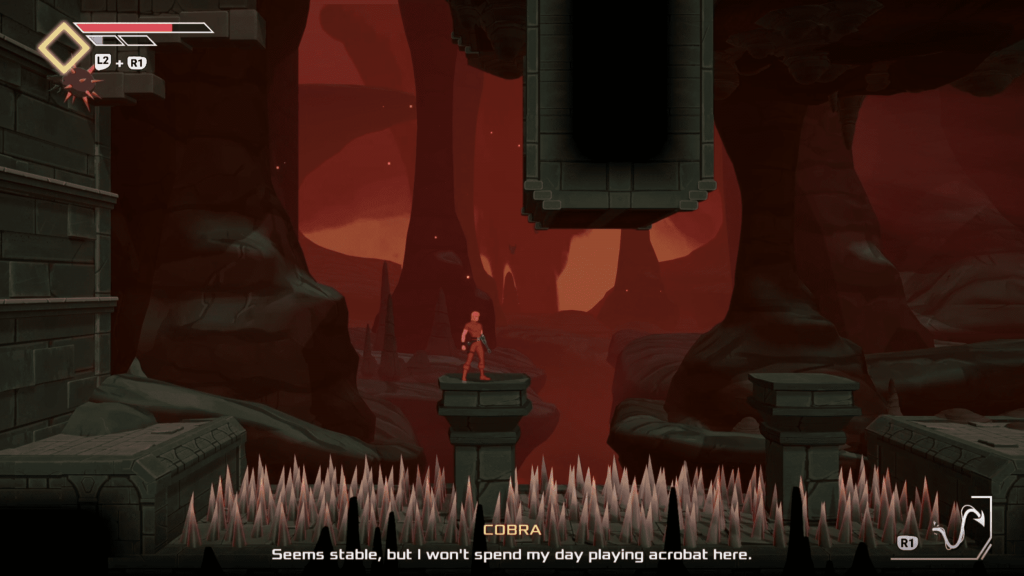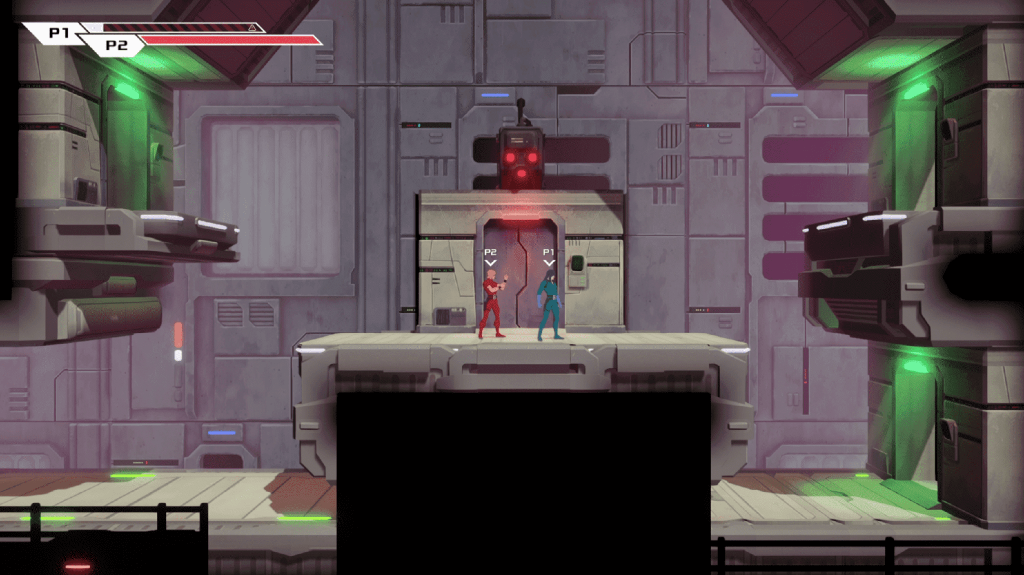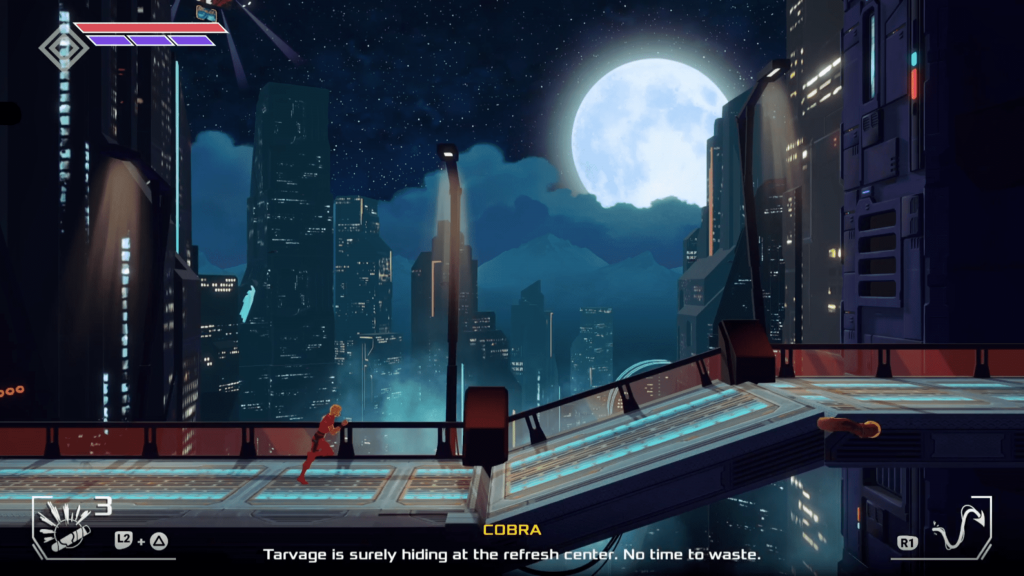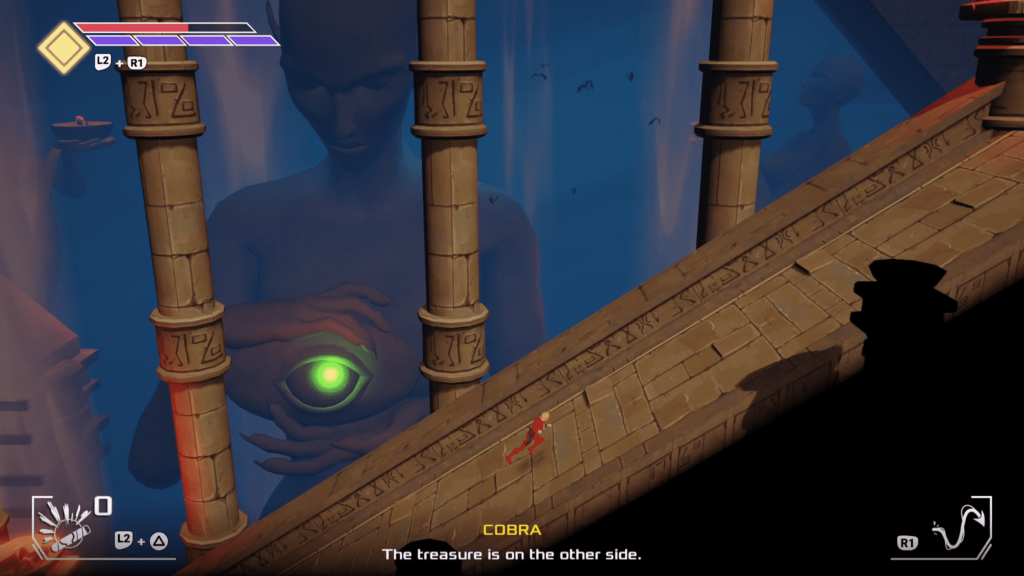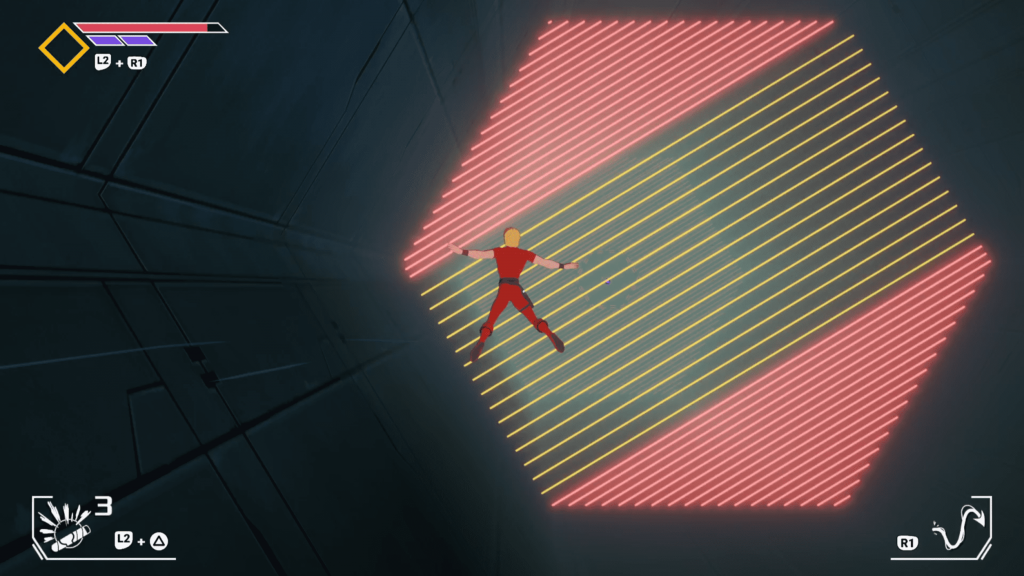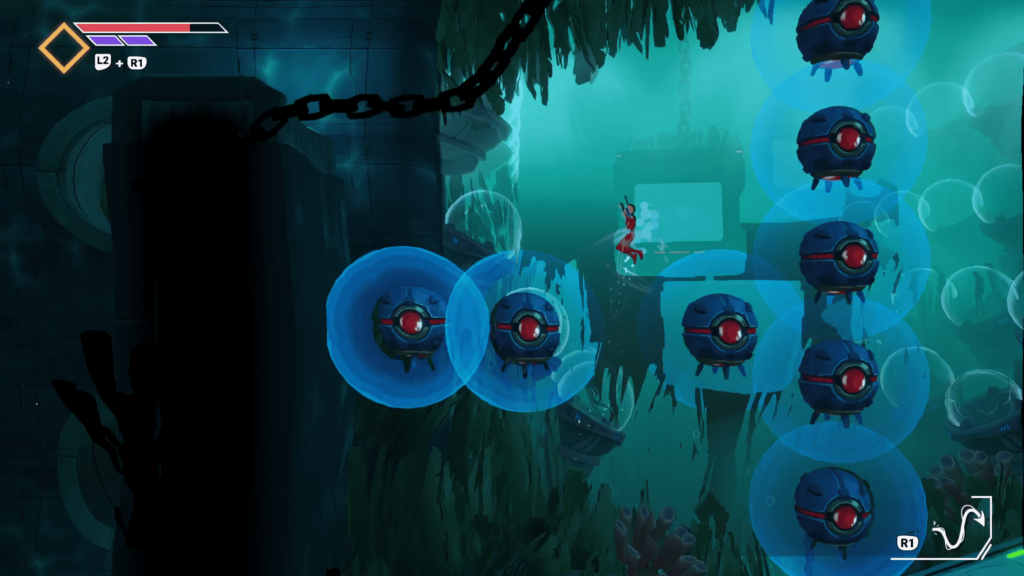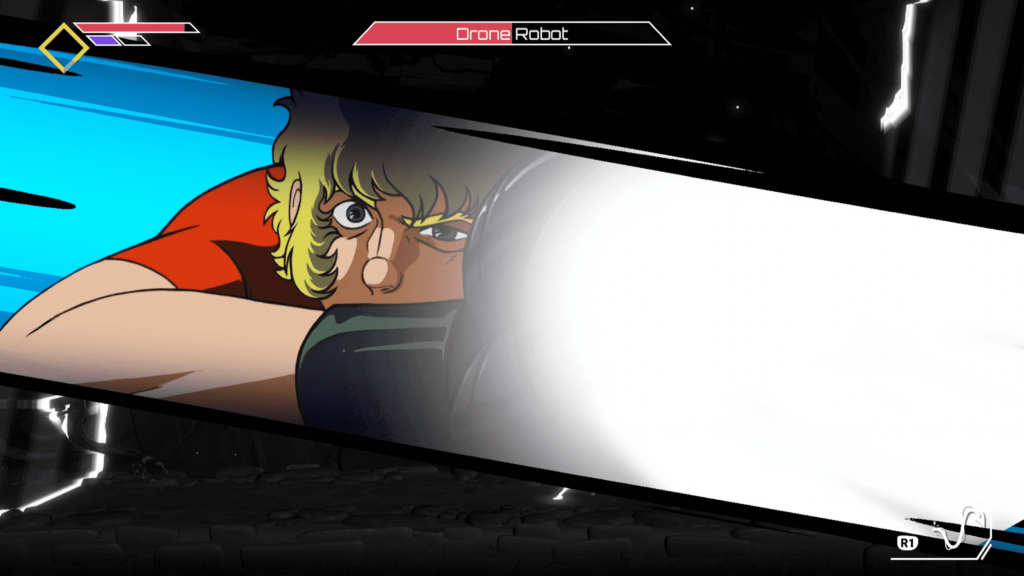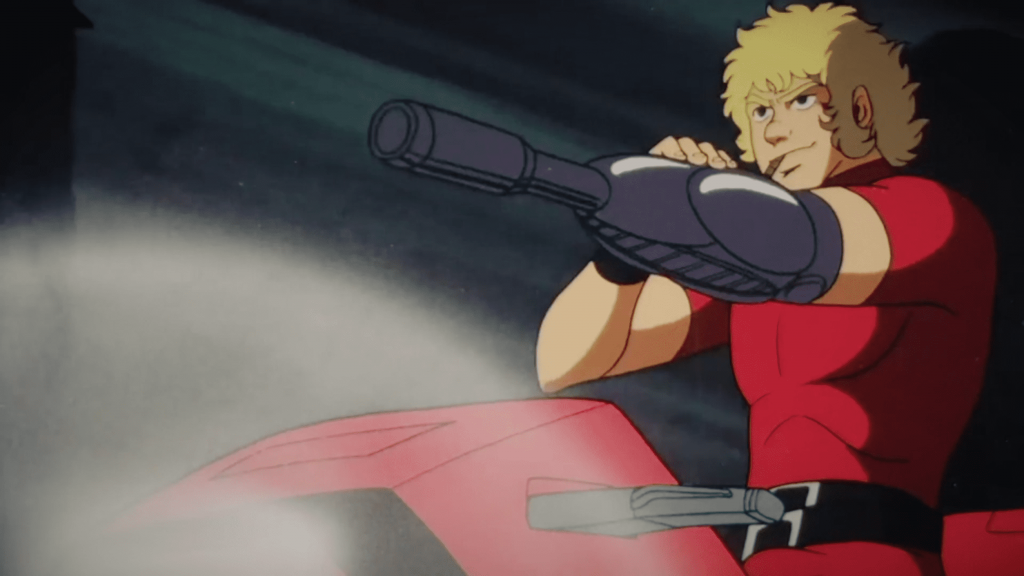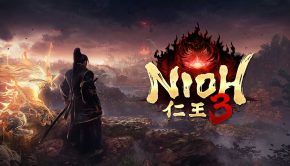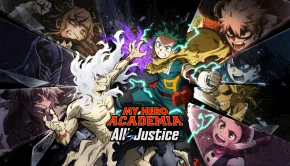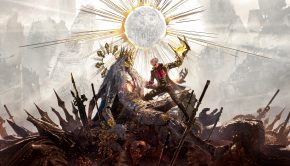Space Adventure Cobra: The Awakening Review (PS5)
Summary: Space Adventure Cobra: The Awakening brings Buichi Terasawa’s iconic space rogue to life with a mix of faithful adaptation and sharp 2D action. While a few technical hiccups and repetitive bosses keep it from perfection, the game’s style, charm, and variety shine through. It’s a bold, entertaining adventure that delivers for longtime fans while remaining welcoming to newcomers.
3.9
Retro Roguery
Laser arm? Check. Spaceship? Check. Trouble? Always. Cobra is back and the galaxy isn’t ready. Space Adventure Cobra: The Awakening is a 2D action platformer developed by Magic Pockets, published by Microids, and released on August 26th, 2025, for Windows, Xbox Series X|S, Xbox One, Nintendo Switch, and PlayStation 4 and 5. Players take control of the infamous space rogue Cobra, a cigar-chomping, smirk-wearing antihero whose weapon of choice is the iconic Psychogun. Backed by his robot companion Lady Armaroid, Cobra embarks on a grand adventure through deep space, rescuing allies, blasting foes, and chasing after long-lost treasure. Beyond being a game, The Awakening is also an adaptation, covering the first twelve episodes of the classic 1980s Space Adventure Cobra anime, with the deluxe edition offering a bonus thirteenth episode and an extra outfit for fans who want the full package.
For those uninitiated, Cobra isn’t just another throwback character revived for modern audiences; he’s one of the original space opera bad boys. The franchise began in 1978 as a manga by Buichi Terasawa, whose slick, exaggerated art style combined pulp adventure with sci-fi swagger. It later spawned an anime series and a feature film, though the game takes its cues primarily from the TV show. Tonally, Cobra’s world is a fascinating cocktail of spaghetti westerns, samurai films, and pulp serials infused with mystery and interstellar escapades. At the center of it all is Cobra himself: a mischievous, devil-may-care adventurer who relies on charm and quick reflexes as much as his trusty weapon. His Psychogun, a concealed laser cannon built into his left arm, fires blasts directed by thought alone, capable of bending trajectories and striking with uncanny precision. It’s a setup that made Cobra a template for countless cool-headed antiheroes that followed, inspiring characters like Spike Spiegel from Cowboy Bebop, Dante from Devil May Cry, Guts from Berserk, and even influencing designs like Samus Aran from Metroid. In short, Cobra is a pioneer of the “laid-back outlaw” archetype.
The story of The Awakening begins with Johnson, an unassuming salaryman plagued by a strange dream of being a flamboyant space pirate with a gun for an arm. When he’s cornered by thugs, instinct takes over, and he fights back with abilities that shouldn’t belong to an ordinary man. His memories flood back, revealing that Johnson is, in fact, Cobra. Years earlier, he altered his face and erased his memories to evade bounty hunters and the Space Pirate Guild, but fate has a way of catching up. Once his identity resurfaces, Cobra is thrust back into a whirlwind of danger: battling mercenaries, rescuing women caught in peril, and chasing the trail of a treasure linked to three mysterious sisters. It’s a faithful retelling of the anime’s opening arc, balancing humor, action, and intrigue while making Cobra’s legendary persona accessible to both newcomers and longtime fans.
Gameplay is structured episodically, with each episode containing multiple levels that combine platforming challenges, combat arenas, and cinematic set-pieces. The design is deceptively straightforward with you having to reach the end of the stage, overcome obstacles, and take down whatever gang of bandits or alien beasts stand in your way. With that said, the game does a good job at layering its depth through its upgrade systems, collectibles, and clever integration of the anime itself. Tokens hidden in levels can expand Cobra’s health, strengthen his weapons, or extend the Psychogun’s energy meter, while collectible treasures unlock cosmetic and lore-based extras on the Turtle, Cobra’s spaceship. Between missions, players can view concept art, holograms of weapons, and even listen to music at Cobra’s piano. The best flourish comes from how the game stitches original anime clips directly into missions, letting players jump into key moments and fight through sequences that once only played out on-screen. This seamless blend of adaptation and interactivity sets The Awakening apart from most licensed games.
As Cobra, combat feels flashy and improvisational. His Psychogun is the centerpiece, firing quick bursts or a charged blast reminiscent of Mega Man’s buster. A particularly stylish mechanic lets players “guide” bullets in slow motion, curving them into unreachable corners or tagging multiple enemies in sequence. This is limited by a rechargeable meter, encouraging strategic use rather than spamming. Defeating enemies builds up a screen-clearing special attack, turning the tide when overwhelmed. Cobra also carries his trusty revolver, the Colt Python 77, which may seem underpowered, but is crucial for breaking enemy shields. Kicks and melee combos round out close-quarters combat, and mobility tools like the grappling hook and magnet boots add variety. The way these mechanics interlock is impressive. Sliding under hazards, using the hook to swing past a gap, then firing a guided Psychogun shot into a hidden turret becomes second nature by the midpoint. The game constantly mixes up scenarios, ensuring you’re never repeating the same trick too often.
Combat design stands out because it treats encounters like puzzles. Standard goons can be blasted without thought, but shielded enemies demand the right weapon, and agile foes force quick reflexes. Dodging is key; yellow projectiles can be phased through, while others require careful timing to evade. Larger battles often place you in arenas with layered hazards, encouraging tactical thinking. Boss fights push this further, introducing multi-stage duels with unique weaknesses. While some robotic bosses repeat a bit too often, the more creative designs like colossal beasts or trippy alien machines bring memorable spectacle. Even when difficulty spikes, the mechanics remain fair, rewarding mastery rather than punishing experimentation.
The environments shine through with variety and atmosphere. From neon-soaked futuristic cities to icy wastelands prowled by angry wolves, to pyramid-themed gauntlets haunted by space mummies, the game embraces pulp sci-fi excess with confidence. Levels frequently introduce environmental hazards like collapsing floors, sniper fire from off-screen, or walls of poison gas chasing Cobra through labyrinths. Each stage is densely designed with optional side rooms, hidden treasures, and shortcuts that encourage replay. Players aiming for S-ranks based on speed and efficiency will find strong incentive to master routes, adding a layer of replayability beyond simple completion.
In a pleasant surprise, The Awakening even includes a co-op mode, allowing two players to tackle a special episode together. One controls “classic” Cobra from before his memory wipe, while the other plays as the current incarnation. While mechanically basic and not integrated into the main story, it provides a fun diversion and a way to share the game’s campy energy with a friend.
Visually, the game adopts a clean, semi-saturated art style that captures the anime aesthetic without trying to reinvent it. It’s similar to Microids’ other cartoon-based adaptations, yet it fits Cobra better than expected, making environments and characters feel unified rather than pasted together. Animation is fluid, and cutscenes strike a balance between original anime clips and in-game sequences. On the audio side, the voice acting is especially strong, with Cobra’s actor carrying the performance with charismatic quips during gameplay. His commentary on situations, whether mocking smugglers or griping about pirates, adds context and immersion. Sound effects are crisp and satisfying, though the soundtrack leans more into background accompaniment than standout themes. Functional and atmospheric, but not particularly memorable.
Performance varies by platform. On PlayStation 5, the game runs smoothly with stable framerates and crisp shading. The Switch version, however, suffers from noticeable slowdowns, particularly in enemy-heavy areas or large environments. Early missions even stutter badly before smoothing out, which undermines the pacing. While handheld play is a significant perk for Switch users, those sensitive to framerate dips may prefer other versions.
I did come across a few technical hiccups during my time playing. Occasionally Cobra can get stuck in environmental geometry, particularly when dodging into tight corners or attempting jumps near enemies. Transition quirks also pop up, such as stages failing to properly trigger end screens until after a forced pause-unpause cycle. I got stuck in the co-op mode once without being able to go back to the main menu screen. While none of these bugs are game-breaking, they detract from an otherwise polished presentation.
Despite these issues, Space Adventure Cobra: The Awakening succeeds as both a video game and a piece of adaptation. It brings the charm and swagger of Cobra’s world into a medium where players can finally embody the space rogue themselves. The combination of stylish combat, varied environments, and integration of the anime creates a distinctive package. It manages to feel playful and pulpy without lapsing into parody, balancing challenge with accessibility. For fans of the original manga or anime, it’s a long-overdue tribute. For newcomers, it’s a surprisingly accessible action platformer that stands on its own.
Final Thoughts?
While The Awakening could be considered a nostalgic novelty due to the classic property, it’s also a genuinely solid 2D adventure that respects its source material while delivering an engaging game loop. The difficulty ramps up nicely, levels reward mastery, and Cobra’s personality shines through in both cutscenes and gameplay. While some repetitive bosses, technical hiccups, and underwhelming music keep it from absolute greatness, the overall package is strong enough to earn a recommendation. Cobra’s return to gaming proves that his swagger, style, and Psychogun are timeless.


